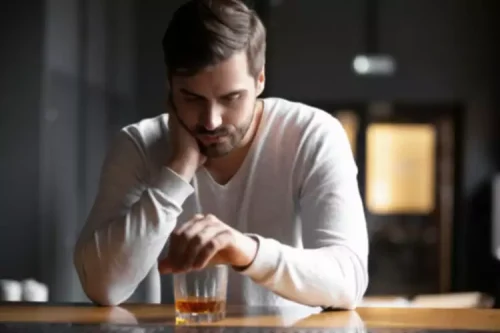
But even low amounts of daily drinking and prolonged and heavy use of alcohol can lead to significant problems for your digestive system. But there’s plenty of research to back up the notion that alcohol does lead to weight gain in general. In reality, there’s no evidence that drinking beer (or your alcoholic beverages of choice) actually contributes to belly fat.
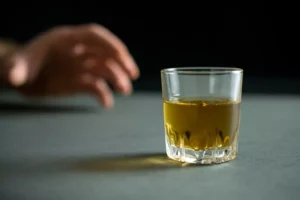
Treatment for Co-Occurring Depression and Alcohol Use Disorder
- Adults who met criteria for alcohol use disorders also had a higher risk for depression.
- The Centers for Disease Control and Prevention has found that 9 out of 10 adult binge drinkers don’t have a severe alcohol use disorder, but that doesn’t mean alcohol isn’t a problem for them.
- If you begin to notice any unwanted side effects — physical or emotional — while drinking, it may be best to call it a night.
- While alcohol may appear to provide temporary relief from stress or anxiety it certainly does not, it also leads to a long-term sense of dependence and worsens these conditions.
It is vital to discuss the risks and possible interactions of every medication with a doctor. Both substances may make a person feel less alert, so they may be dangerous if a person takes them together. This is especially true for those who use other medications or have a chronic medical condition. Research from 2011 found that having an alcohol use disorder significantly increased a person’s risk of having depression.
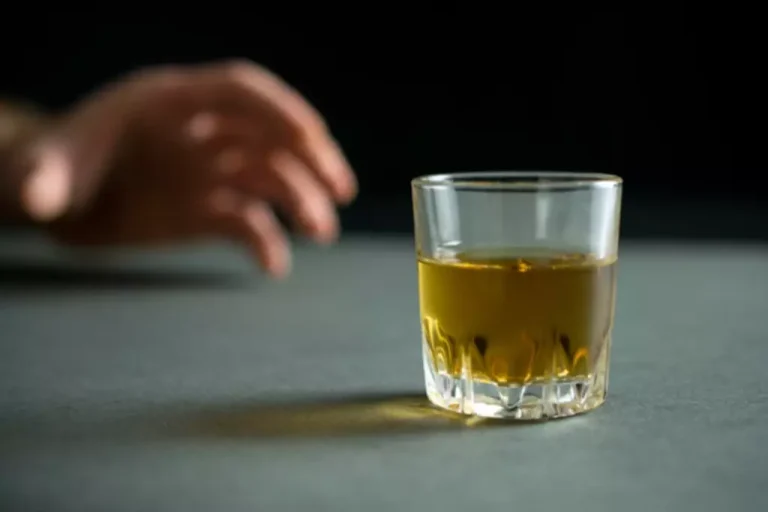
Mental Health Issues: Alcohol Use Disorder and Common Co-occurring Conditions
Depending on your intoxication level, you may experience decreased inhibition, loss of judgment, confusion, and mood swings, among others. Alcohol can produce feelings of euphoria and excitement, making does drinking make your depression worse you feel instantly happier and more confident, but those feelings are fleeting. Much like barbiturates (sedatives), alcohol is a drug that affects the central nervous system (CNS) and the brain’s functionality.
Drinkchat
In particular, for patients with more severe mental health comorbidities, it is important that the care team include specialists with the appropriate expertise to design personalized and multimodal treatment plans. People with DSM-IV alcohol dependence are 3.7 times more likely to also have major depressive disorder, and 2.8 times more likely to have dysthymia, in the previous year. Among people in treatment for DSM-IV AUD, almost 33% met criteria for major depressive disorder in the past year, and 11% met criteria for dysthymia. However, major depressive disorder is the most common co-occurring disorder among people who have AUD, partly because it is among the most common disorders in the general population. These disorders are characterized by disrupted mood (e.g., low, numb, or irritable), along with an array of cognitive (e.g., feelings of worthlessness and difficulty concentrating) and physical (e.g., fatigue and lack of energy) symptoms.
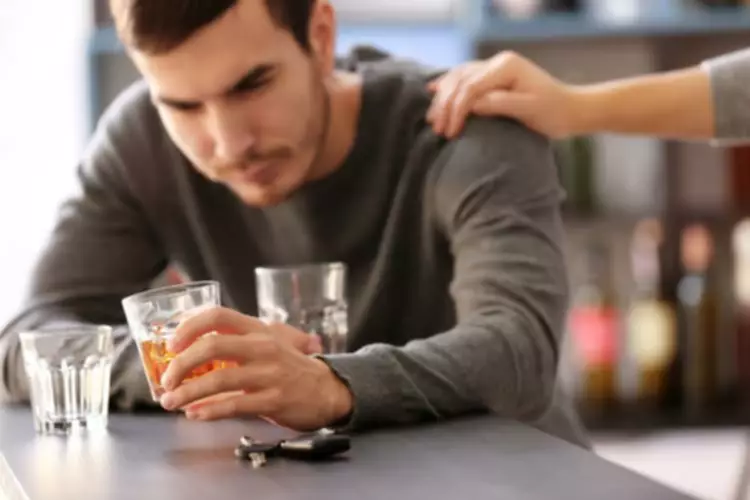
Depression After Drinking
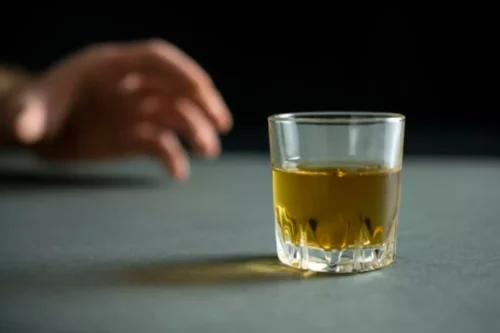
If you’re battling depression, alcohol isn’t going to make you feel better. It may temporarily suppress feelings of isolation, anxiety, or sadness, but that won’t last. Recognizing the symptoms of depression and alcohol use disorder can help ensure that you get the right diagnosis and treatment. The substantial variability in the course of co-occurring AUD and depressive disorders may reflect discrete underlying mechanisms, requiring distinct treatment approaches. For example, AUD that develops after the onset of a depressive disorder and is characterized by coping motives for alcohol use may differ critically from a depressive disorder that develops following chronic alcohol administration.
- But for some people, these feelings don’t go away – they get worse and their feelings of depression can start to interfere with everyday life.
- «Depression and alcohol misuse are often tied because we take a depressant to counter a chemical depression which only makes it worse.»
- Some people who take selective serotonin reuptake inhibitors (SSRIs) may become severely intoxicated when they use antidepressants.
- People with DSM-IV alcohol dependence are 3.7 times more likely to also have major depressive disorder, and 2.8 times more likely to have dysthymia, in the previous year.
- Regular drinking can lead to depression, and depressed people are also more likely to drink too much.
- The most common treatment options are included below, but know that recovery requires a personalized treatment plan that best suits your mental health needs.
- By Sarah Bence, OTR/LBence is an occupational therapist with a range of work experience in mental healthcare settings.
King hung up after being pressed on the issue, claiming the increased risk of suicide from alcohol consumption was a matter of opinion and that he would have to “agree to disagree”. The morning after a night of over-imbibing can cause some temporary effects on your brain. Things like trouble concentration, slow reflexes and sensitivity to bright lights and loud sounds are standard signs of a hangover, and evidence of alcohol’s effects on your brain. Having a glass of wine with dinner or a beer at a party here and there isn’t going to destroy your gut.
- That’s because alcohol can weaken your immune system, slow healing and make your body more susceptible to infection.
- It often feels very tempting (and easy) to keep drinking until you feel better, especially when you have less access than usual to more helpful coping methods.
- “Excessive alcohol consumption can cause nerve damage and irreversible forms of dementia,” Dr. Sengupta warns.
- Here are a few strategies to help you lift your spirits in the moment.
- Many people turn to alcohol to numb their emotional pain but it simply does not work.
Many randomized trials have investigated treatments for co-occurring AUD and depressive disorders. In this section, trials that used medication and psychotherapy treatments are discussed, as are the effects of those treatments on depressive symptoms and AUD symptoms. While alcohol may appear to provide temporary relief from stress or anxiety it certainly does not, it also leads to a long-term sense of dependence and worsens these conditions. Over time, individuals feel the need to consume more alcohol to achieve the same effects, which can exacerbate feelings of depression and anxiety. Both depression and alcohol use disorder are treatable medical conditions. Some people may feel unsure about seeing a doctor, but the right treatment can ease symptoms and help a person live a better, happier life.
Treatment options
Children born with fetal alcohol spectrum disorders are more likely to develop depression later, according to an earlier study from 2010. A 2012 study found that 63.8% of people who are dependent on alcohol are also depressed. The study did not test whether alcohol use causes depression, however. In this article, learn more about the links between alcohol and depression, as well as when to see a doctor. This CME/CE credit opportunity is jointly provided by the Postgraduate Institute for Medicine and NIAAA.